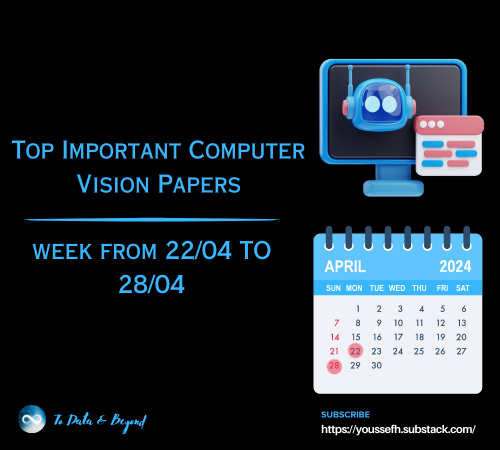
Natural Language Processing in Python: 10+ Packages You Can’t Miss (with Code)
Last Updated on December 30, 2023 by Editorial Team
Author(s): Davide Nardini
Originally published on Towards AI.
10+ Python packages for Natural Language Processing that you can’t miss, along with their corresponding code.
Foto di Max Duzij su Unsplash
Natural Language Processing is the field of Artificial Intelligence that involves text analysis. It combines statistics and mathematics with computational linguistics.
The main tasks of Natural Language Processing are:
Text ClassificationNamed Entity RecognitionPart of SpeechTopic ModelingText GenerationQuestion AnsweringKeyword ExtractionText Summarization… and so on
There are numerous Python projects available for handling Natural Language tasks.
In this article, I’ll introduce you to 10+ essential open-source Python packages for Natural Language Processing that you can’t miss.
Before starting, consider taking a look at my Medium profile where I cover topics on Data Science, Machine Learning, and Python!
NLTK stands for Natural Language Toolkit, comprising Python modules, datasets, corpora, and tutorials designed for Natural Language Processing (NLP). It stands as one of the most revered and recognized packages in Python, demonstrated by its impressive 12.6k stars on GitHub.
NLTK serves various purposes including text preprocessing, translation, and NLP tasks such as text classification, utilizing a multitude of implemented algorithms.
Allow me to provide an example from the official documentation:
import nltk sentence = """At eight o'clock on Thursday morning… Arthur didn't feel very good."""
Word Tokenization:
tokens = nltk.word_tokenize(sentence)print(tokens)'''['At', 'eight', "o'clock", 'on', 'Thursday', 'morning','Arthur', 'did', "n't", 'feel', 'very', 'good', '.']'''
Part of Speech:
tagged = nltk.pos_tag(tokens)print(tagged)'''[('At', 'IN'), ('eight', 'CD'), ("o'clock", 'JJ'),… Read the full blog for free on Medium.
Join thousands of data leaders on the AI newsletter. Join over 80,000 subscribers and keep up to date with the latest developments in AI. From research to projects and ideas. If you are building an AI startup, an AI-related product, or a service, we invite you to consider becoming a sponsor.
Published via Towards AI

 Logo:
Logo:  Areas Served:
Areas Served: 









